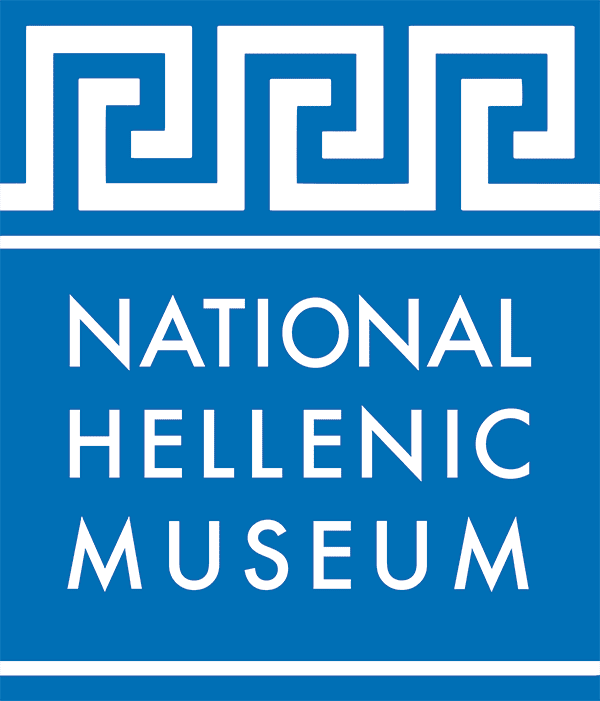The Holocaust In Greece
Ended Fall 2013
History is repent with tragedies, and the history of Greece is no exception. The Nazi occupation still hovers over Greece as one the greatest tragedies that ever befell its people. World War II left the country in ruins. Lives were left in shambles, as over 350,000 Greeks, more than five percent of the population, perished from starvation, combat, massacres or extermination, over 60,000 Greek Jews among them.
The indigenous Jewish communities of Greece, the longest continuous Jewish presence in Europe, and Jews who settled in Greece after their expulsion from Spain were almost obliterated.
Between 8,000 and 10,000 Greek Jews survived the Holocaust, due in large part to the unwillingness of the Greek people and the leaders of the Greek Orthodox Church to cooperate with German plans to deport the Jews.
The United States Holocaust Memorial Museum recognizes their courage in its exhibition The Holocaust in Greece, which presents the heroic acts of many Greeks who braved the axis of evil, risking life and family to protect their Jewish brethren.
As horrid as the Holocaust was, it would have been incalculably worse, had it not been for people who risked everything, to help their fellow men and women. Common Greeks all over the country, regardless of political affiliation, worked side by side to help Greek Jews escape the fate that the Nazis had designed for them.
The Greek Orthodox Church, at odds with the Catholic Concordat with Hitler, openly, publicly, and continuously, rejected the anti-Semitic pogroms of the Nazi government. While the acts of the righteous do not nullify the actions of those who knowingly conducted the work of extermination, they do stand as critical narrative against the Holocaust.
The Holocaust in Greece reveals the Holocaust on a more localized and comprehensible manner. From this context, a broader exploration of individual acts that make up the whole of the Holocaust can be better understood, and those individuals who stood up against the genocidal tide can be acknowledged in the manner they deserve.
Presented in collaboration with
The United States Holocaust Memorial Museum

